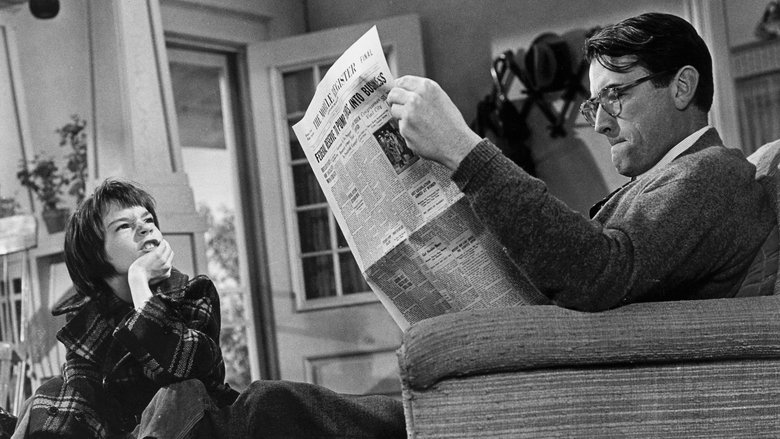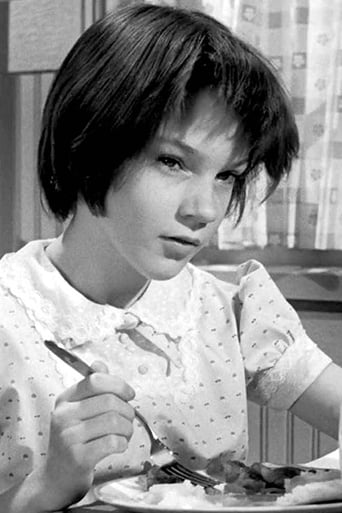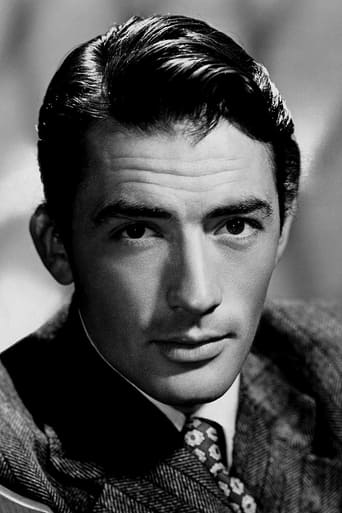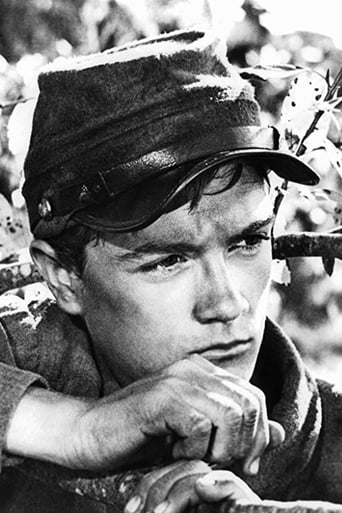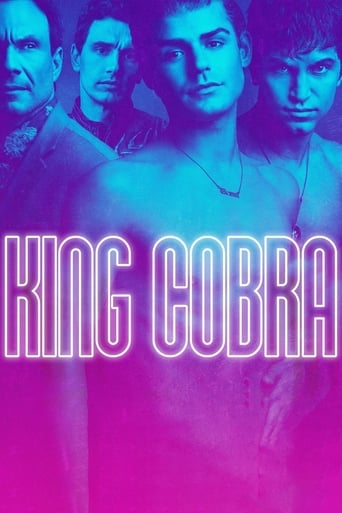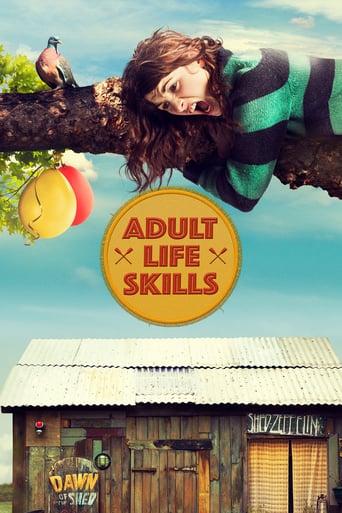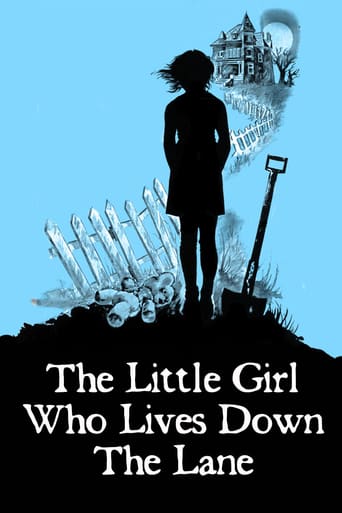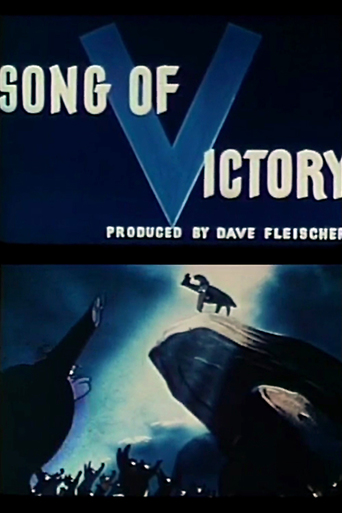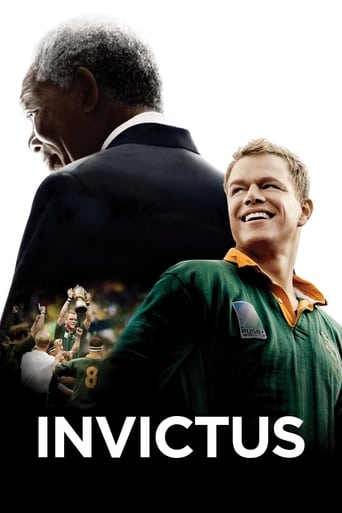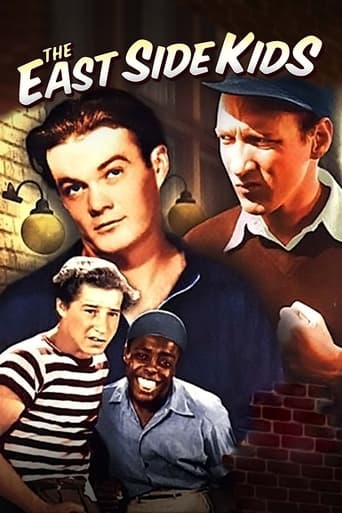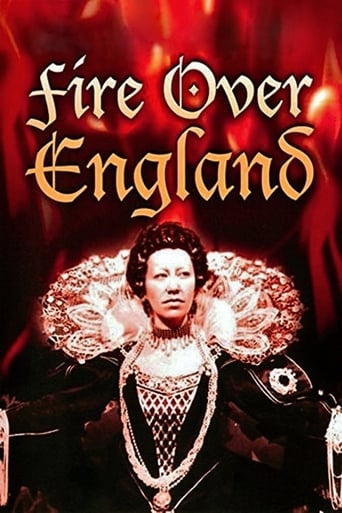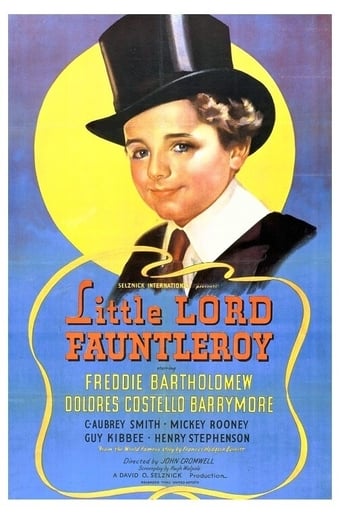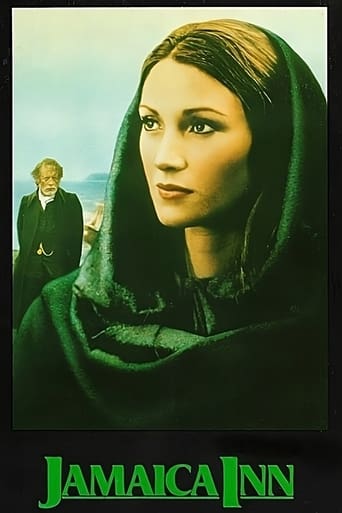To Kill a Mockingbird (1962)
Scout Finch, 6, and her older brother Jem live in sleepy Maycomb, Alabama, spending much of their time with their friend Dill and spying on their reclusive and mysterious neighbor, Boo Radley. When Atticus, their widowed father and a respected lawyer, defends a black man named Tom Robinson against fabricated rape charges, the trial and tangent events expose the children to evils of racism and stereotyping.
Watch Trailer
Cast


Similar titles
Reviews
This Movie Can Only Be Described With One Word.
This movie was so-so. It had it's moments, but wasn't the greatest.
The story-telling is good with flashbacks.The film is both funny and heartbreaking. You smile in a scene and get a soulcrushing revelation in the next.
I enjoyed watching this film and would recommend other to give it a try , (as I am) but this movie, although enjoyable to watch due to the better than average acting fails to add anything new to its storyline that is all too familiar to these types of movies.
Probably the best movie ever made about racism! Just like in the book it's not overly dark and depressing but shown through the innocent eyes of a child, many memorable moments don't even have nothing to do with racism. Gregory Peck is amazing in this!
I just finished watching this movie and I wish I could get those 2 hours back, somehow. I'm a screenwriter and I have to admit that after viewing this "scramble", I'd like to spend some time trying to fix it, but I'm afraid that it would take way too much time. My favor character was by far, Scout! She has so much spunk and stands up for herself as I'd want my daughter to do. Mr. Atticka Finch was indeed a southern gentleman and a great lawyer. Unfortunately, in that time and place, (which I grew up in) there was no way a Black man would have won that case. So that much was sadly real and true. The court action started well, but fell apart because it was way too long. I can believe that they took Tom to a different location for his safety and murdered him. That was a common practice in the south. But what happened to the kids in the woods coming home at night was totally confusing. And who was the white man hiding behind the door after the fact? Who exactly was he supposed to be? This movie was very poorly done and I would not recommend it to anyone, even my worst enemy. I hate it when I have more questions about a movie while the end credits are rolling. Don't waste your time.
Movie is excellent. Maybe some people find it boring because of characters of children. Children does childish things but it is tolerable. Movie is simple no twist. But the main motto of movie, what message movie wants to give justifies the title. I'll give 10 rating because I find story is new to me and shows the childhood days and movie has moral to learn.
I wasn't yet the movie fan I am today but the first time I saw the American Film Institute's Top 100 heroes and villains, I could recognize almost every name, I expected a few exceptions but certainly not the number one hero: Atticus Finch, played by Gregory Peck, in the adaptation of Harper Lee's Pulitzer-winning "To Kill a Mockingbird". Seriously, who was that dork who had the nerve to be a worthier of the first spot than Indiana Jones or James Bond and that I even didn't know? And "To Kill a Mockingbird" kept popping up in every AFI list and even on IMDb Top 250, so it was an emergency case in my watch-list of fresh new movie fan. So, I saw the film and could see what was so heroic about this noble-hearted white knight of the South, who dared to question racism at a time where it was common banality. And he was played by the noblest of all actors: Gregory Peck. I often criticized his acting as wooden but perhaps this is the one instance where it did fit the character and his Oscar wasn't stolen although O'Toole as Lawrence of Arabia, Lemmon in "Days of Wine and Roses" and Lancaster as "Birdman of Alcatraz" had more complex personalities to play with.But there was something crowd-pleasing in the story of Atticus Finch, something that exceeded the expectations of cinema and satisfied the Hollywood conscience, it was still a time of relative innocence where the problem of racism could only be displayed through a white people centered story. Not that it's a bad thing but I wish the film had kept its original tone, as a story seen from the perspective of a growing precocious tomboy named Scout (Mary Badham), whose perception of her lawyer of a father and of the world of adults is influenced by one of the cases he must handle. "To Kill a Mockingbird" is a childhood story, inspired from Lee's memories the tired Southern town of Maycomb, but the film carries a child-like innocence that doesn't fit the case.Scout is a girl spending time jumping, climbing hills and trees with her brother Jem and their friend Dill, inspired by her childhood friend Truman Capote, and she sees her widowed father as a super-figure who has an answer for every question. And it seems that the film has somewhat embraced this creed and made Atticus Finch the hero of this picture, which is puzzling because he's not the focus for the whole first act. But we're supposed to embrace his nobility and optimism because it is obvious the case he must defend is a sham, and it doesn't even take courage but common sense. It's not much Atticus who's noble but the other people who are downright bigots and hateful. It's an insult to intelligence that Robinson is declared guilty despite Finch' invitation for humanism and empathy, but the real heroism would have been to convert them. But Finch's aura is one of a preacher, powerful, symbolic but eventually, useless.I actually enjoyed the film and it's never as good as when it plunges you in the universe of children, their interpretation of spooky local stories, Scout is like a little sponge trying to understand and appreciate the world as it comes to her eyes, learning from her father, the meaning of words like 'empathy', and the subplot also involves the identity of Boo Radley, which highlights one of these aspects of childhood when you tend to believe the adults, until you realize that they're somewhat corrupted and unworthy of trust. But when Atticus learns the news about the death of Robinson, I couldn't believe he believed he tried to escape. That the film doesn't even exploit the event and makes it look as it really happened that way, that the Black people would just be a sort of passive observers with no capability for action and when the town drunk, evil Ewell, spits on Finch' face, he doesn't flinch, I thought the whole sanctification of Finch was overplayed. A preacher, he might be, but a saint, he wasn't. Maybe in the eyes of her daughter, but at that point, the film was told from the adult perspective, not only it didn't work, but it didn't even fit the character.Finch was genuinely furious during his trial statement, he expected to save his client but he was shot dead in what seems to be obvious lynching, instead of prosecuting the case and serving the cause to the fullest, he accepts the outcome and when he's confronted to Ewell, he takes the spit like Jesus would take a slap. Robsinson was dead at that time, was Finch so perfect that he couldn't even give the guy the punch he deserved, what was to lose anyway? Couldn't one of the black guys do it? No, it had to be the hand of God through the providential Boo Radley (a youngish Robert Duvall) to punish the bad guy as to mystify the whole thing again, and creates some deep symbolism between a sordid case of rape and the local village idiot. An unpunished crime to avenge the first, too much religious symbolism for what should have been a tale from a child's eye.In the movie "Capote", when commenting about the success of the book, Capote says "I don't know what the fuss is all about". Speaking for myself, I can understand why the film is such a celebrated classic, but it doesn't hold up very well in today's context while the masterpiece from Capote "In Cold Blood" says as much as human nature and vileness as the book and is still relevant today. "To Kill a Mockingbird" is a classic, no doubt about that, but not all classics are supposed to be perfect. Maybe I will find in the book, these missing elements of 'perfections', though I trust Capote's opinion on it.


